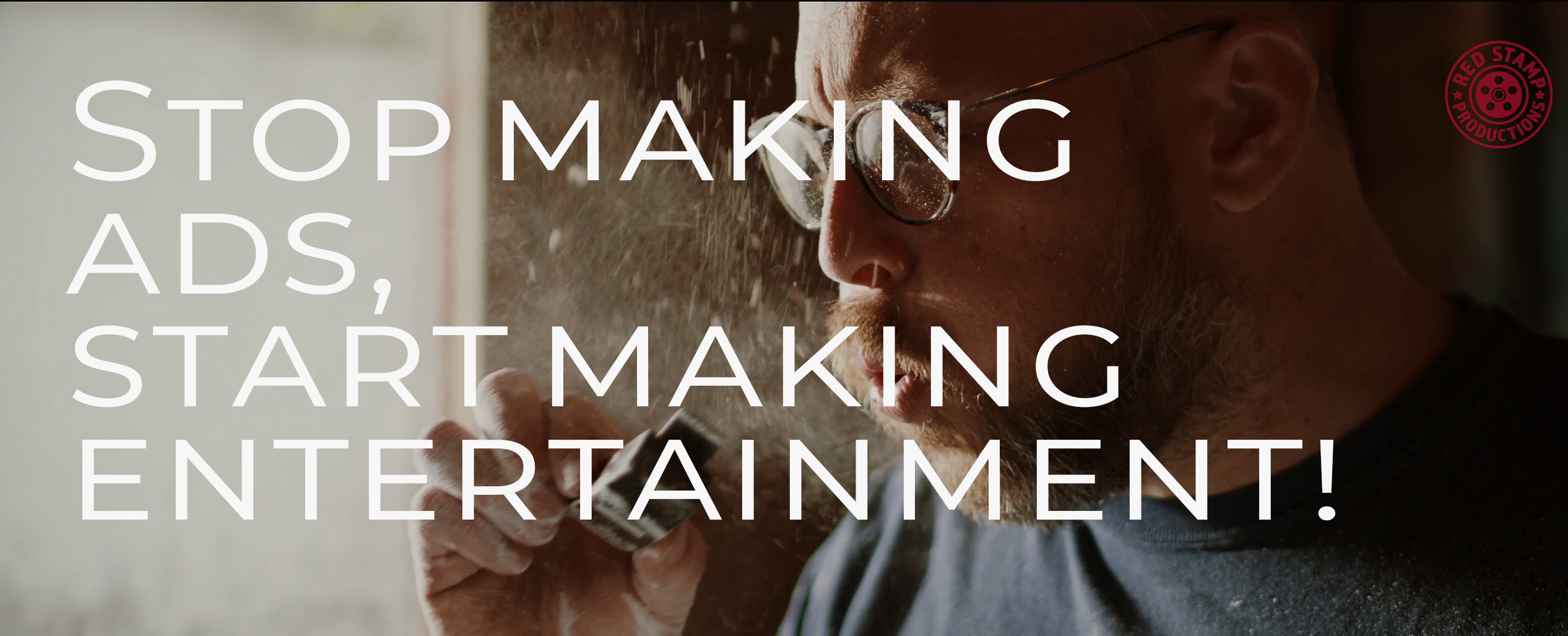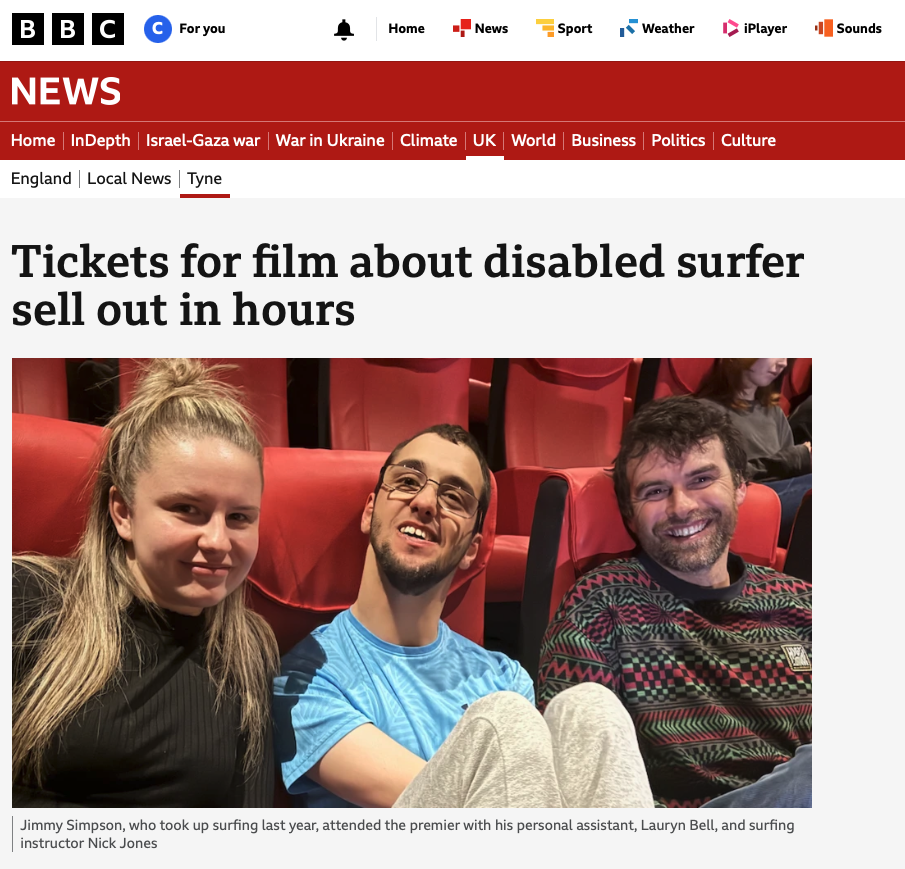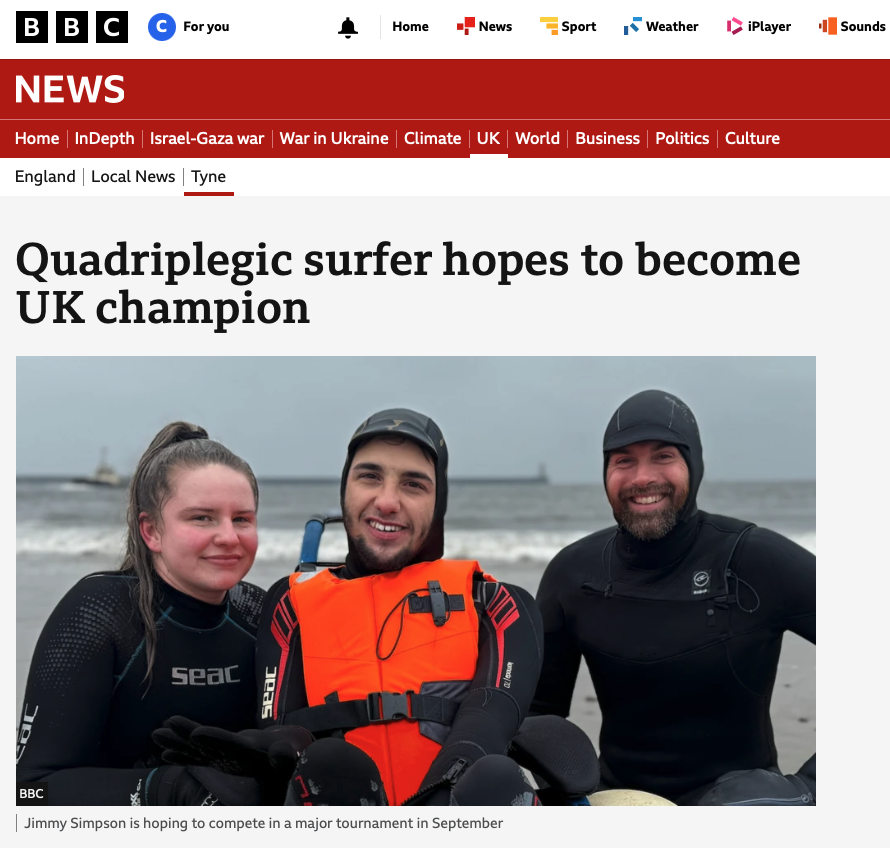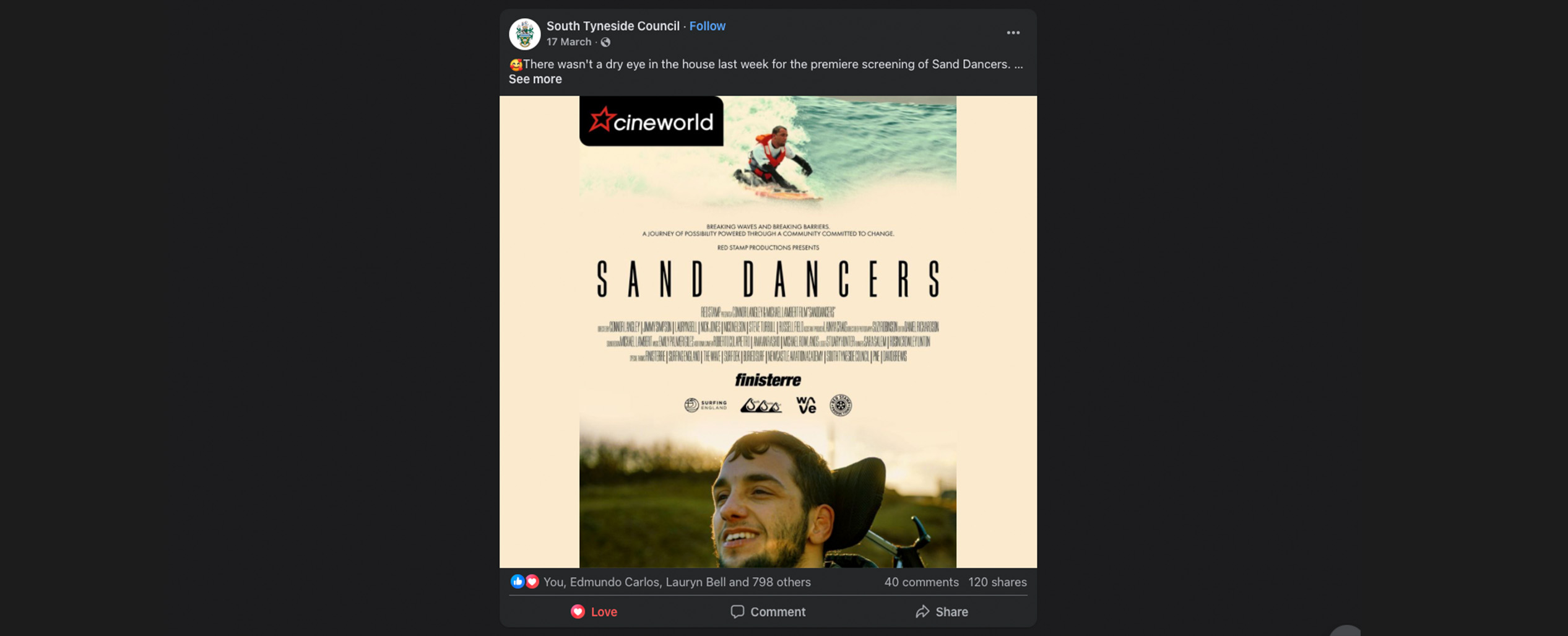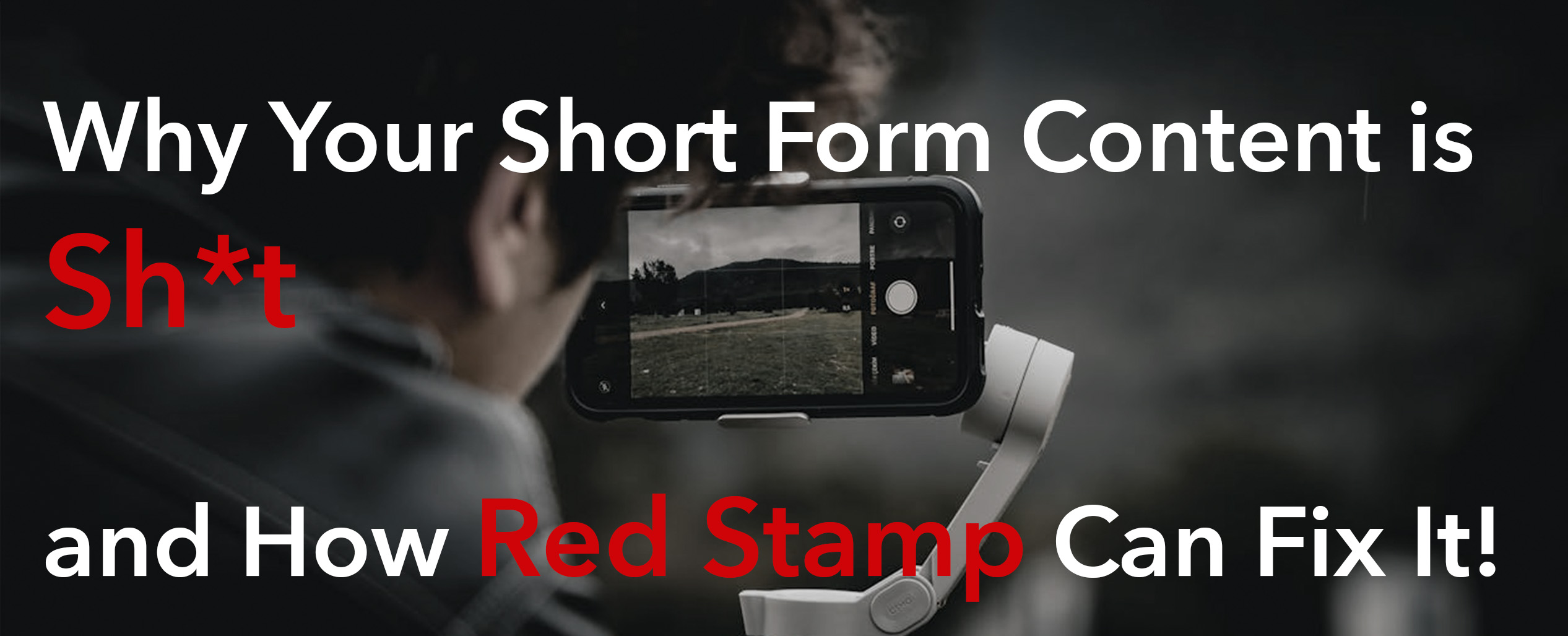Why Your Brand is in the Entertainment Business (Whether You Like It or Not)
Here’s the uncomfortable truth: whether you like it or not, your brand is in the entertainment business. Why should anyone care about your ads when, with one swipe, they can watch something funny, emotional, or beautifully crafted instead?
The brands that “get it” — think John Lewis or McDonald’s — aren’t telling you the price of a burger or how many fabric options are available on a sofa. They make compelling content people actively seek out. Their best ads barely mention the product. Instead, they lean into sentimentality, togetherness, nostalgia feelings that linger. That’s why their Christmas ads have become cultural events.
It’s all about customer profiling, but not in the soulless, corporate way of breaking people into categories by income or education. That’s not who we are. The real question is: how does your audience feel right now, and how do they want to feel?
Because here’s the thing: video is terrible at making people retain facts, but brilliant at making them remember how they felt. People don’t leave the cinema reciting every line of dialogue — they leave with a lump in their throat, a grin on their face, or a knot in their stomach. They remember the feeling.
And sometimes, that feeling changes behaviour entirely. Take the 1995 film Babe. After its release, there was a measurable rise in people identifying as vegetarian or vegan. It became known as The Babe Effect. A single piece of entertainment made audiences feel so strongly that many of them altered a fundamental part of their lives. That’s the power of entertainment.
To create that kind of impact, brands need to let go of some ancient marketing dogma. Your USP isn’t “great service” or “the best product in the world” — everyone claims that. Your real USP is humanity. The way you connect with people, the way you make them laugh, cry, or feel seen.
And yes, TikTok and short-form have their place. But long-form, narratively driven content leaves a lasting impression— if you can hook people. By investing in stories that matter, you place your brand in a much wider cultural space. Suddenly, you’re not just in front of your target audience — you’re in the news, on national TV, earning column inches you didn’t pay for.
That’s exactly what happened with Sand Dancers.
Finisterre asked us to create a film. We knew it had to stay true to who they are — the outdoors, surfing, and their work on adaptive wetsuits. So we went looking for a human story that touched those themes, and that’s when we met Jimmy.
With Jimmy’s story at the heart, we brought in the people around him. Some became part of the documentary, others supported behind the scenes — giving more people a real stake in the journey.
With so many people invested, the story spread fast. Contributors shared it through their own networks, and news outlets picked it up — giving the project reach and legitimacy far beyond traditional branded content.
And the Results...
BBC News coverage.
National newspaper features.
A cinema audience so big we had to move venues.
And that was just the start. We counted over 120,000 organic engagements across social platforms, plus a 300-seat captive cinema audience, four times over. The film has already reached audiences in the USA, Australia, South Africa and Russia, with screenings continuing to grow. There’ve been radio interviews, double-page newspaper spreads, and invitations to present the film at events — all chances to put the brand’s story in front of new audiences in meaningful ways.
The beauty of all this? It was entirely organic. No bots, no paid algorithms, just genuine human connection. Sure, this approach won’t spit out the same tidy analytics dashboard as a sponsored ad — but every single interaction was real, from a real person. And in a world of AI fakes and bot clicks, that matters more than ever.
Of course, there’s a catch. To reach this level, you sometimes need to pick a side. Standing for “everything” is the same as standing for nothing. Broad, wishy-washy “appeal to everyone” content doesn’t build loyalty — it just collects indifferent followers.
But when you make something meaningful, you win an audience that cares. And from our perspective, it’s not just a marketing exercise. It’s a chance for brands to actively invest in artists and filmmakers, and to create a piece of work that lives both inside your corporate world and outside of it — a legacy.
So, if you’re ready to stop boring people and start entertaining them — to make content that people want to watch, talk about, and even change their lives over then let’s talk.

